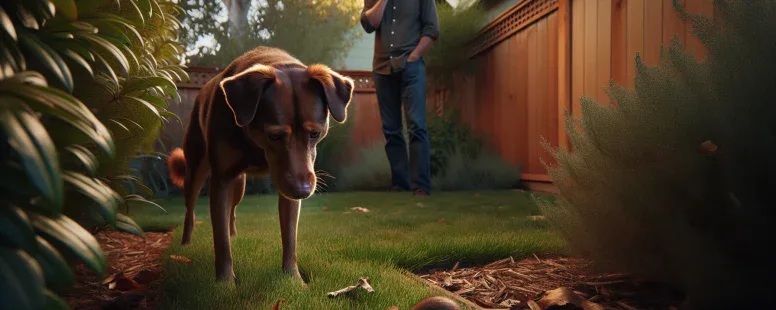My Dog Ate a Dead Mouse: What to Do Next
Discovering that your beloved canine companion has consumed a dead mouse can be a startling experience as a pet owner. While your first instinct might be to panic, understanding the potential risks and acting swiftly can make a significant difference in ensuring your dog’s safety.
Identifying the Situation
It’s crucial to accurately assess the situation when you suspect or witness your dog consuming a dead mouse. Look for any remnants of the mouse and try to determine its condition. Was it recently deceased, or could it have been there for some time? Knowing these details may provide valuable context about possible risks, such as exposure to toxins or diseases.
Recognizing Potential Risks of a Dog Eating a Dead Mouse
The ingestion of a dead mouse poses several potential risks to your dog’s health. One concern is the possibility of poisoning if the mouse had ingested rodenticides or other harmful substances. Another risk is the transfer of bacteria, such as Salmonella, that could cause gastrointestinal upset. Also, parasites carried by rodents, such as roundworms, could also infect your dog.
Immediate Steps to Take After the Incident
When you discover that your dog has eaten a dead mouse, begin by safely removing any remaining mouse carcass to prevent further exposure. Observe your dog closely for any immediate signs of distress, such as vomiting or lethargy. Wash your hands thoroughly after handling any contaminated material to reduce the risk of disease transmission to yourself or other pets.
How to Monitor Your Dog Post-Incident
Post-incident, monitor your dog for any unusual behavior or symptoms over the next few days. These can include vomiting, diarrhea, lethargy, changes in appetite, or signs of pain. Keeping a log of your observations can provide helpful information should you need to consult a veterinarian.
Preventive Measures for the Future
To reduce the likelihood of such incidents recurring, consider implementing preventive measures such as controlling rodent populations around your home. Keep your yard clean and free of debris that may attract rodents. Feeding schedules can also be maintained to reduce the chances of scavenging caused by hunger.
When to Contact the Veterinarian
Contacting your veterinarian is recommended if you’re concerned about your dog’s health or if they exhibit any worrying symptoms. Providing detailed information such as the condition of the ingested mouse and any observed behavior changes in your dog will assist the veterinarian in evaluating the situation effectively.
- Where Can I Promote a Home-Based Garden Service? Top Online & Offline Strategies to Grow Your Business - November 16, 2025
- What Permits Do I Need for a Backyard Catering Business in the US? Complete Guide 2024 - November 15, 2025
- Is It Illegal to Shoot Your Own Dog? - November 15, 2025




